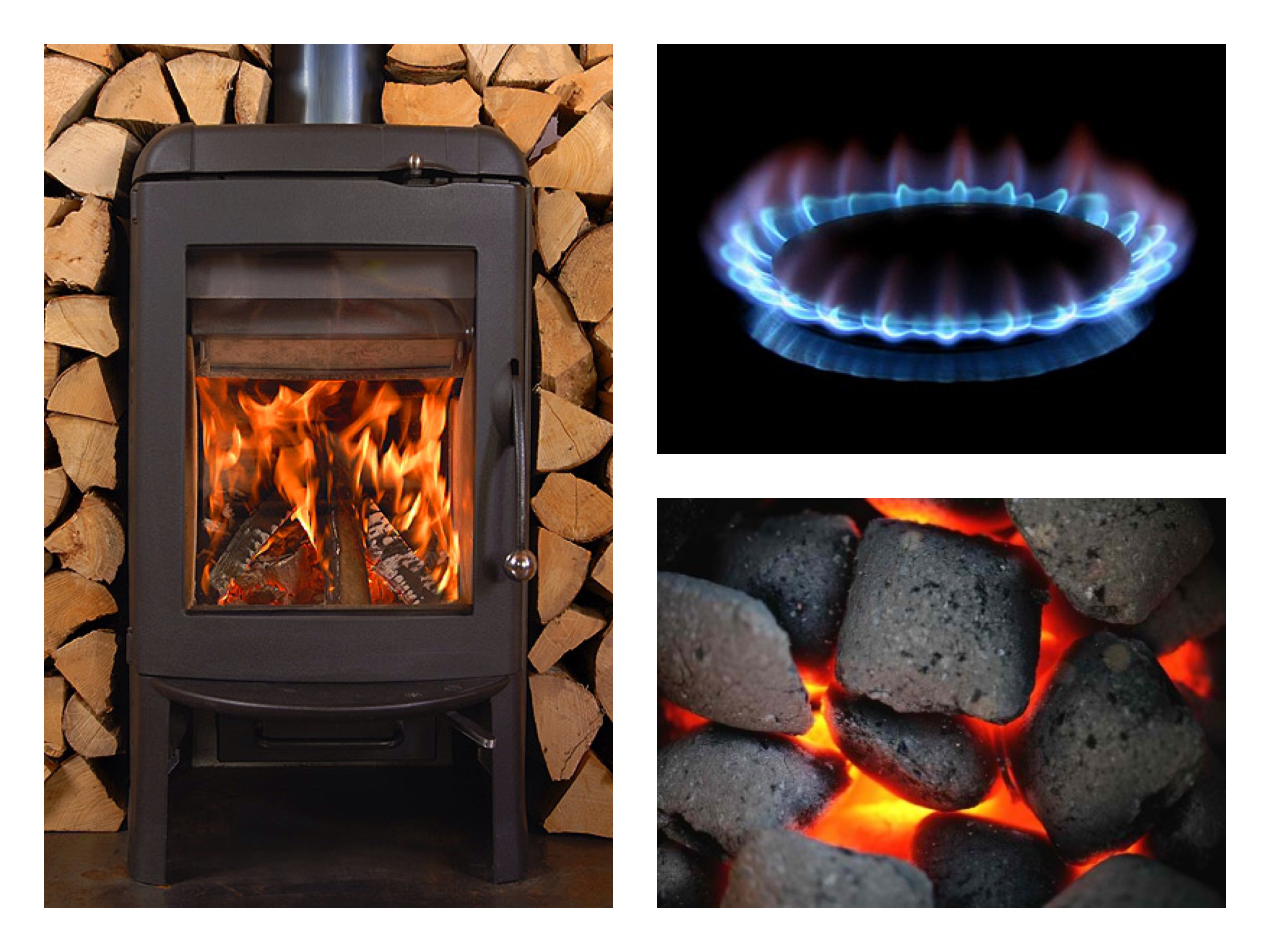Chooseday’s Choice! ~ Wood Fuel or Fossil Fuel?
Where does YOUR energy go?
Fossil fuels are derivatives of plant and animal fossils that are million of years old. These are primarily formed from the remains of the decayed plants and animals. The three fuel sources coal, natural gas and oil help to meet the energy and electricity demands of today’s world. Fossil fuels are non-renewable energy resources. Their supply is limited so they will eventually run out. Fossil fuels do not renew themselves, while fuels such as wood can be renewed endlessly.
Pollution is a major disadvantage that is formed due to fossil fuels as they release carbon dioxide when they burn, which adds to the greenhouse effect and increases global warming. Coal and oil release sulphor dioxide gas when they burn, which causes breathing problems for living creatures and contributes to acid rain.
You Choose!

Wood Fuel:
Using wood fuel instead of peat, coal and gas to heat our homes is a sustainable choice, and makes a positive contribution to the environment. Wood is ‘CO2 neutral’, the amount of CO2 wood releases during burning is equal to that which is absorbed during growth. In contrast, burning fossil fuels releases the global warming gas carbon dioxide, as well as other damaging pollutants. Wood fuel also takes just 5-20 years to grow, whereas peat and coal were formed over hundreds of thousands of years.
WFQA – Wood Fuel Quality Assurance:
 The Wood Fuel Quality Assurance (WFQA) scheme provides a simple but reliable way for consumers to purchase quality wood fuels that are accurately described, meet the supplier’s stated product specifications, and are produced in compliance with EUTR (EU Timber Regulation) ensuring sustainably produced woodfuels.
The Wood Fuel Quality Assurance (WFQA) scheme provides a simple but reliable way for consumers to purchase quality wood fuels that are accurately described, meet the supplier’s stated product specifications, and are produced in compliance with EUTR (EU Timber Regulation) ensuring sustainably produced woodfuels.
Modern, highly efficient stoves and boilers make wood fuel a practical and sustainable option for today’s lifestyle!







